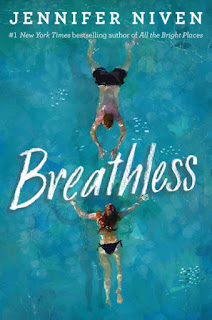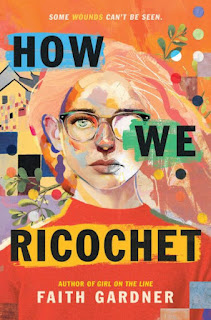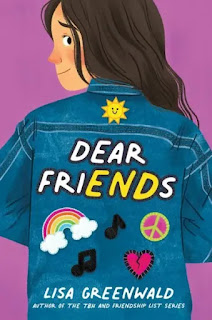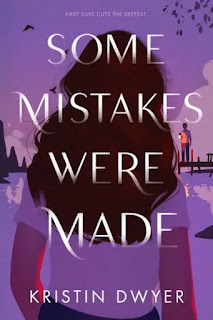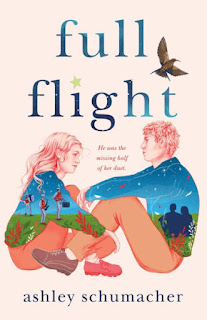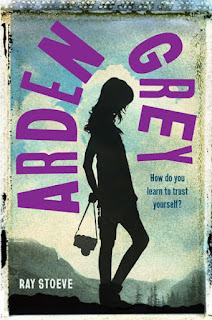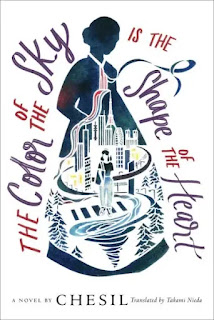Jo's not had very much luck in love. She's dated a couple of boys (mostly on the wrestling team that she manages) but they always seem to lose interest in her. Then she overhears the boys talking about how they consider her a "practice girl" -- a person you use for learning how to make your moves. Horrified to discover that the guys she thought were her friends have just been exploiting her for sex, she quits the team and shuts them out. But a realization dawns on her: acting ashamed means letting them get away with it and Jo decides that she refuses to be a victim. So, she turns up at the coach's office and announces that she wants to be on the team
as a wrestler instead of managing. And through tremendous effort (and practice) she proves to everyone that she is more than something to be used and discarded.
But this story is more than some satisfying girl-power call to fight back against adolescent toxic masculinity. Jo has issues of her own with which to deal. Her propensity for falling in love easily and the tendency to classify every relationship with boys as romantic. Alongside the unrealistic romanticism, there is her rather ugly misogyny that sees girls as competition and enemy. If she's really going to outgrow her reputation, she has to do more than simply change other people's perceptions. She has to change herself.
After the "practice girl" revelation, Jo swears off of boys (and wrestlers in particular) but it is a hard promise to keep. First, there is Sam, her long-time best friend, with whom the relationship has always been a bit complicated (friends with benefits, they lost their virginities with each other in what they ironically called "practice" at the time). But the greater challenge comes when Dax, a wrestler from another team, starts paying her attention. As much as she has grown in her understanding of her bad habits, the old muscle memory drives her towards to same old bad moves. But what if this time it's the real thing? Has Jo grown enough to tell the difference? Can she trust her instincts?
If teen romantic drama is not your thing, then this novel isn't for you, but I really enjoyed this book for a variety of reasons.
First of all, for the amazing character of Jo herself -- growing in deeper levels of self-understanding with every chapter. She's a very flawed person (selfish, unable to trust others, quick to anger) but these flaws make her eminently relatable as her flaws are common to the rest of us. Her ability to recognize her failings, dissect what she can fix and what she needs to let go, and do the difficult work is inspirational. She's a work in progress, but its a progress that we can enjoy watching unfold.
I loved the grownups in this book. As you know if you've been reading my reviews, I love strong realistic adult characters. I understand that teen readers might feel more comfortable having the adults be stupid, nasty, or clueless, but that isn't real. Real adults don't bring superhuman powers to the table, but they do bring a wealth of experience and occasionally letting them do their thing can be helpful. In this case, both of her parents get the opportunity to impart some real advice (both about relationships in general and about their relationship with each other) that show that Jo's journey is far from novel yet no less difficult and challenging for being shared by all. Giving the grownups a moment to say a few wise words about relationships doesn't do anything to detract from the fact that this is Jo's story and she is ultimately responsible for her incredible emotional journey. And it demonstrates that parents don't have to be a barrier to overcome.
Finally, I was swept away by the sheer depth and complexity of the two male characters in Jo's life, without whom the drama in her life would have no foil to play against. It's rare for male characters is a "girl" book to have much depth behind them. In this case, though, it's critical for telling Jo's own story. Sam and Dax both develop alongside her as the three of them begin to see the ways that their behavioral problems interrelate and grow to understand that love is an interaction not something that develops in isolation. It's a love triangle, full of all the usual hurt and tears, but one that defies the usual conventions by having everyone evolving.
In sum, a surprisingly complex story of a young woman and her friends moving beyond selfish, self-regarding love to something deeper and less fairy tale-ish. A hard read that may not be what you enjoy for casual fun reading, but ultimately as rewarding as the love itself.


